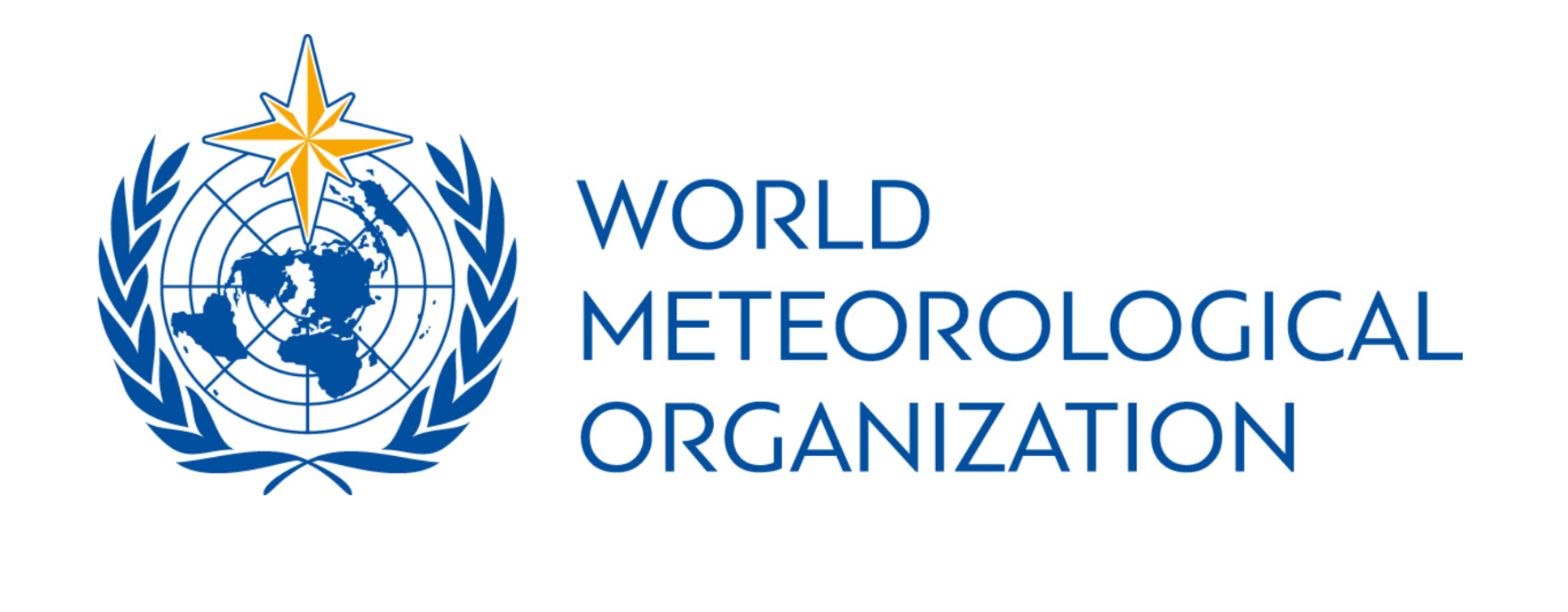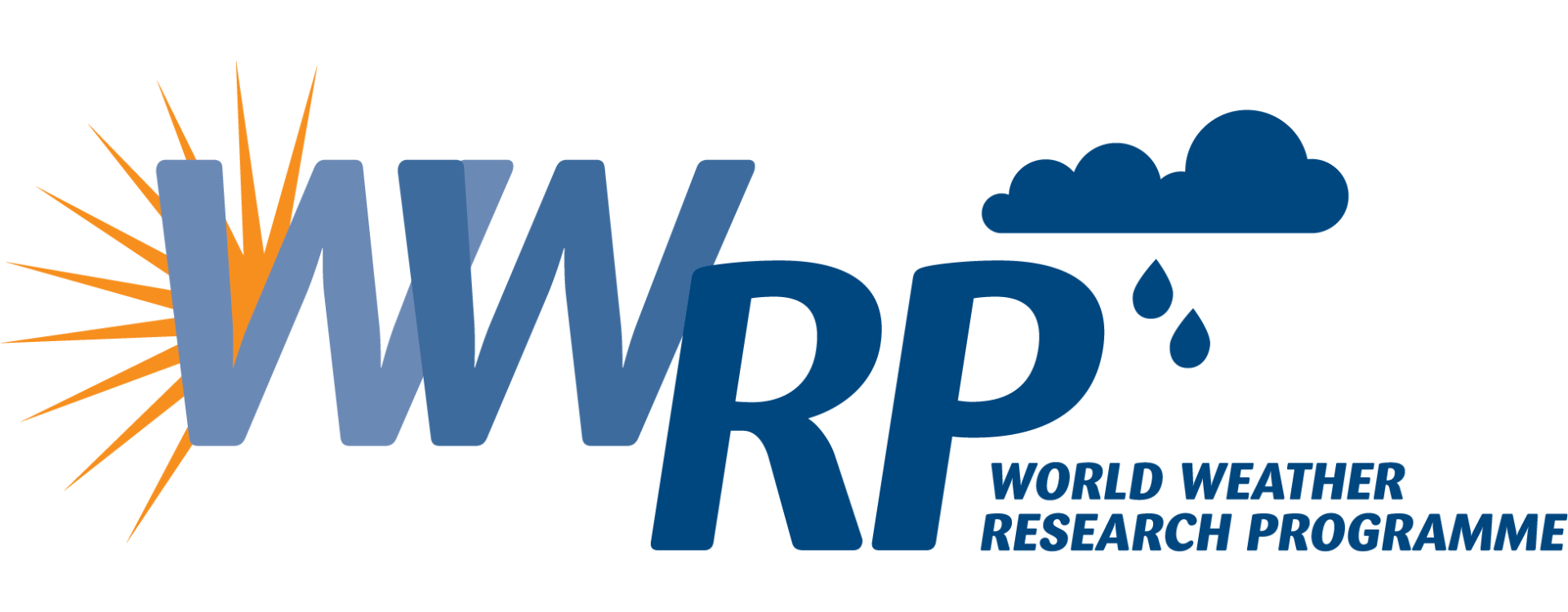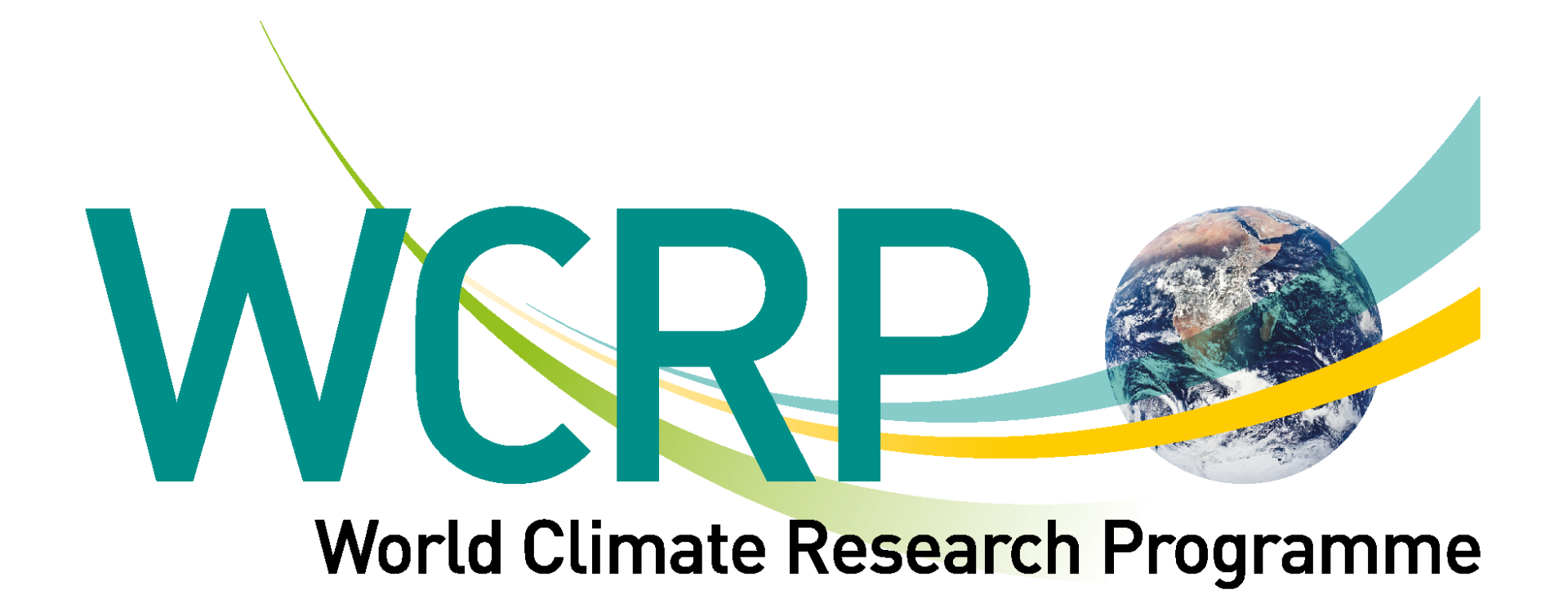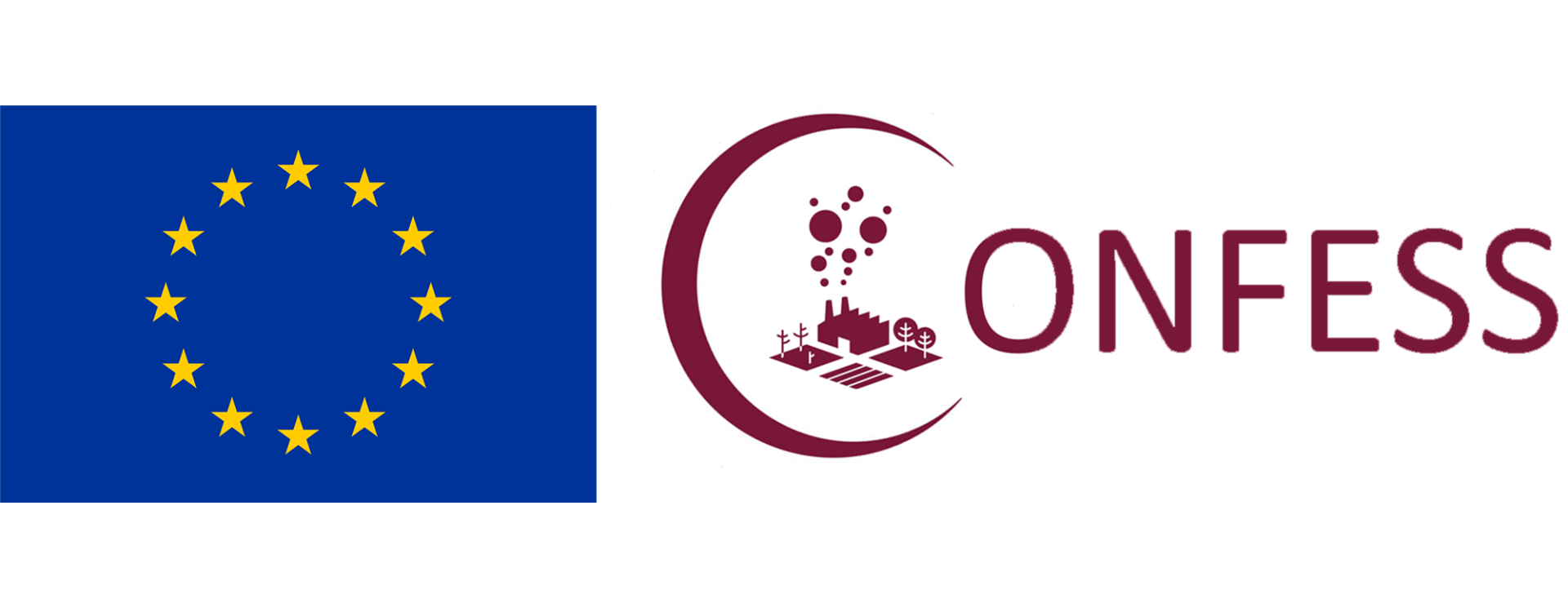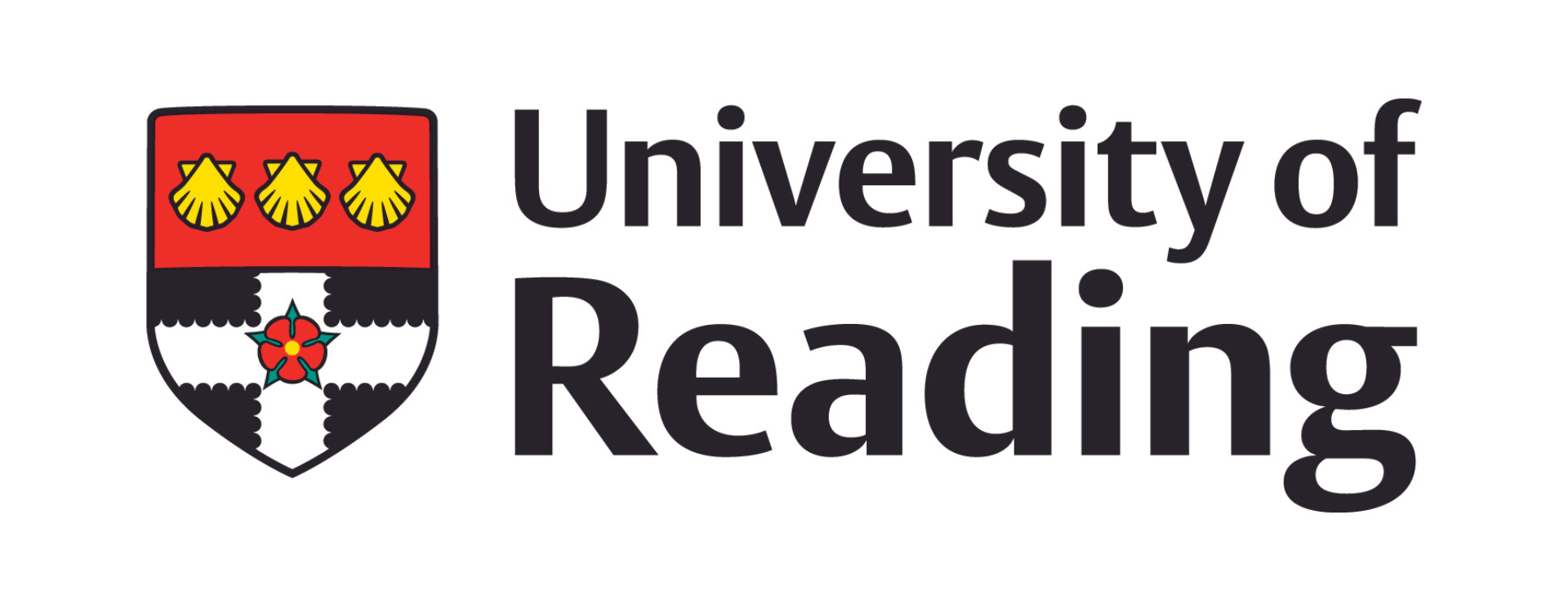Abstract ID: 066
Bimodality in the Predictability of Sudden Stratospheric Warming Events: A Case Study of the 2009 and 2018 Events
Lead Author: Rachel Wai-Ying Wu
ETH Zurich, Switzerland
Keywords: Subseasonal predictability, Sudden Stratospheric Warmings, Stratospheric dynamics, Subseasonal predictability, Extreme events
Abstract: Sudden stratospheric warming (SSW) events are periods of abrupt weakening of the stratospheric polar vortex, in which the zonal wind reverses from westerly to easterly, on timescales of the order of days. The anomaly signal in the stratosphere can descend to the lower stratosphere and thereby impact the troposphere and surface weather for timescales of days to months. A better prediction of SSW events is therefore expected to enhance the prediction of surface weather in subseasonal-to-seasonal (S2S) prediction models. The predictability of SSW events is found to differ strongly for different events, in particular, the 2009 and 2018 SSW are found to exhibit poorer skill than other events in the ECMWF S2S prediction model. To understand why these two SSW events are less predictable, we investigate whether the poor predictability of the events is intrinsically related to the exceptional dynamical evolution of the events, or due to limitations of the model in capturing certain dynamical processes that are characteristic of these two events. We find hindcasts that show strong bifurcations in the ensemble predictions, i.e. some ensemble members predicting the SSW but others predicting a stable state of the polar vortex. By comparing the groups of ensemble members that show different predictions of the vortex state, we find that the bifurcation in ensemble members is related to the ability of the model in capturing the exact wave-mean flow interaction, which is especially sensitive for events such as the 2009 and 2018 SSW events that are associated with exceptionally strong wave activity flux. We suggest that both a better prediction of the wave forcing and the mean flow of the polar vortex can enhance the predictability of SSW events, especially for events that are associated with strong wave activity flux.
Co-authors:
Daniela I.V. Domeisen, ETH Zurich/ University of Lausanne



